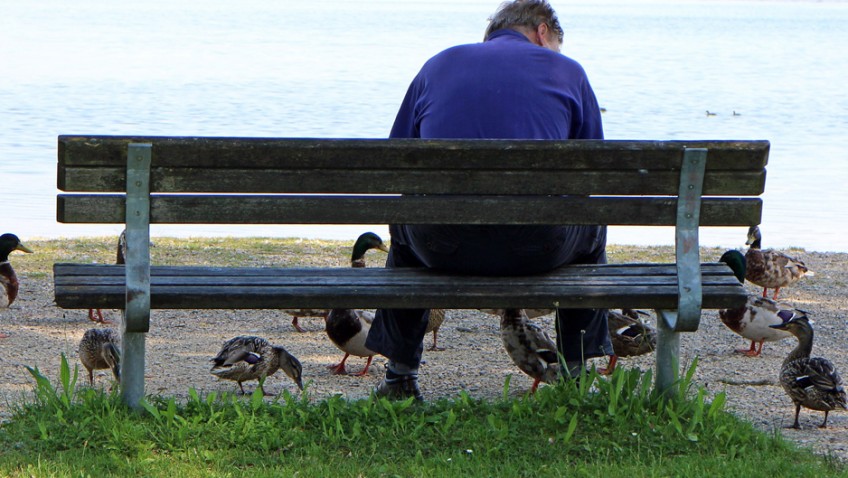Only men have a prostate gland. The prostate is usually the size and shape of a walnut and grows bigger as you get older. It sits underneath the bladder and surrounds the urethra – the tube men urinate (pee) and ejaculate through.
Prostate cancer can develop when cells in the prostate start to grow in an uncontrolled way. It often grows slowly to start with and may never cause any problems. But some men have prostate cancer that is more likely to spread. This needs treatment to stop it spreading.
Cancer that’s contained inside the prostate (called localised prostate cancer or early prostate cancer) doesn’t usually cause any symptoms. But some men might have some urinary problems. These can be mild and happen over many years and may be a sign of a benign prostate problem, rather than prostate cancer.
Changes to look out for include
- needing to urinate more often than usual, including at night – for example if you often need to go again after two hours
- difficulty starting to urinate
- straining or taking a long time to finish urinating
- a weak flow when you urinate
- a feeling that you’re not emptying your bladder fully
- needing to rush to the toilet – sometimes leaking before you get there
- dribbling urine after you finish.
In the UK, about 1 in 8 men will get prostate cancer at some point in their lives. Men aged 50 or over, men with a family history of prostate cancer, and black men are at greater risk of getting prostate cancer.
Ignoring prostate cancer won’t beat it
Prostate Cancer UK has a simple ambition – to stop men dying from prostate cancer. Through shifting the science over the next 10 years to focus on radical improvements in diagnosis, treatment, prevention, and support, the charity aims to stop prostate cancer being a killer
If you are worried about your risk, or are experiencing any symptoms, go and see your GP. They can talk to you about your risk, and about the tests that are used to diagnose prostate cancer.





